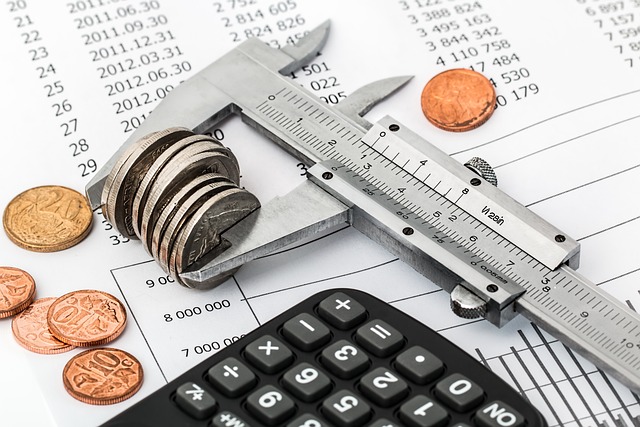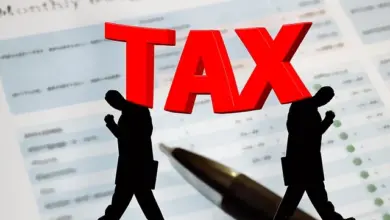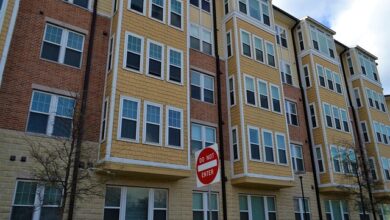Housing Costs in the Netherlands: Rent, Mortgages, and Utilities

The Netherlands is known for its high quality of life, but housing costs can be a significant expense, particularly in cities like Amsterdam, Rotterdam, and Utrecht. Understanding the costs associated with renting, buying, and maintaining a home is essential for anyone planning to live or relocate to the country. This guide breaks down the key expenses—rent, mortgages, and utilities—to help you budget effectively.
1. Renting in the Netherlands
Average Monthly Rent by Region
Rent prices in the Netherlands vary significantly depending on location, property size, and whether the property is furnished or unfurnished. Below are approximate monthly rents for a one-bedroom apartment:
- Amsterdam: €1,500–€2,500
- Rotterdam: €1,100–€1,800
- Utrecht: €1,200–€2,000
- The Hague: €1,100–€1,900
- Eindhoven: €900–€1,500
- Rural Areas: €700–€1,200
Factors Affecting Rent
- Location: Central neighborhoods in major cities command premium prices.
- Property Size and Condition: Larger, newly renovated apartments cost more.
- Furnished vs. Unfurnished: Furnished rentals are typically 10–20% more expensive but include essentials like furniture and appliances.
- Demand: High-demand areas, especially those popular with expats or students, have higher rents.
Additional Rental Costs
- Security Deposit: Usually equivalent to one or two months’ rent.
- Agency Fees: Typically 1–2 months’ rent if using a real estate agency.
- Utilities: Often excluded from rent and must be paid separately (see “Utilities” section below).
Rent Control and Regulations
The Dutch government has implemented rent control measures to make housing more affordable:
- Social Housing: Available for low-income residents, with rents capped at approximately €900 per month.
- Rent Increase Caps: Annual rent increases are regulated and cannot exceed inflation rates.
2. Buying Property in the Netherlands
Average Property Prices
The cost of purchasing a home in the Netherlands depends on the region and type of property. Here are some average prices (as of 2023):
- Amsterdam: €5,000–€7,000 per square meter
- Rotterdam: €3,500–€5,000 per square meter
- Utrecht: €4,000–€6,000 per square meter
- The Hague: €3,500–€5,500 per square meter
- Eindhoven: €3,000–€4,500 per square meter
- Rural Areas: €2,000–€3,500 per square meter
For context, a 100-square-meter apartment in Amsterdam could cost between €500,000 and €700,000, while the same size property in a smaller city might range from €300,000 to €450,000.
Mortgage Options
- Interest Rates: As of 2023, fixed-rate mortgages in the Netherlands typically range from 2% to 3.5%, depending on the loan term and borrower profile.
- Loan-to-Value Ratio: Banks usually offer loans covering 100% of the property’s value for residents and up to 90–95% for non-residents.
- Repayment Terms: Mortgages often span 20–30 years, though shorter terms may be available.
Additional Buying Costs
- Transfer Tax: 2% for first-time buyers and 8% for other buyers.
- Notary Fees: Approximately €1,500–€2,500.
- Real Estate Agent Fees: Typically 1–2% of the purchase price.
- Property Taxes: Annual taxes include OZB (municipal property tax) and Eigenwoningforfait (homeownership allowance), which vary by municipality.
3. Utilities in the Netherlands
Utility costs in the Netherlands are relatively affordable compared to other Western European countries. Below is an overview of average monthly utility expenses for a standard household:
Electricity and Gas
- Electricity: €50–€100/month (depending on usage and property size).
- Gas: €30–€70/month (for heating and cooking; varies by season).
Water
- Water Bill: €20–€50/month (includes consumption and sewage charges).
Internet and TV
- Broadband Internet: €30–€50/month (basic plans); higher speeds or bundled services can cost up to €70/month.
- TV Subscription: Optional; packages start at €10–€30/month.
Heating
- Heating costs depend on the energy source:
- Electric Heating: €60–€120/month during winter.
- Gas or Oil Heating: €80–€150/month during winter.
Garbage Collection
- Included in municipal taxes but may incur additional fees for large waste disposal.
4. Cost Comparison: Renting vs. Buying
| Expense | Renting | Buying |
|---|---|---|
| Upfront Costs | Security deposit + agency fees | Down payment + transfer tax + notary fees |
| Monthly Payments | Rent | Mortgage repayments |
| Flexibility | High (short- or long-term leases) | Low (long-term commitment) |
| Maintenance | Landlord’s responsibility | Owner’s responsibility |
| Investment Potential | None | Property appreciation over time |
5. Tips for Managing Housing Costs
- Choose Your Location Wisely: Opt for suburbs or smaller towns if you’re looking for affordability without sacrificing quality of life.
- Negotiate Rent or Purchase Price: Don’t hesitate to negotiate terms, especially in less competitive markets.
- Bundle Utilities: Many providers offer discounted rates for combined internet, phone, and TV packages.
- Energy Efficiency: Invest in energy-efficient appliances and insulation to reduce utility bills.
- Seek Financial Advice: Consult a mortgage broker or financial advisor to secure the best loan terms.


